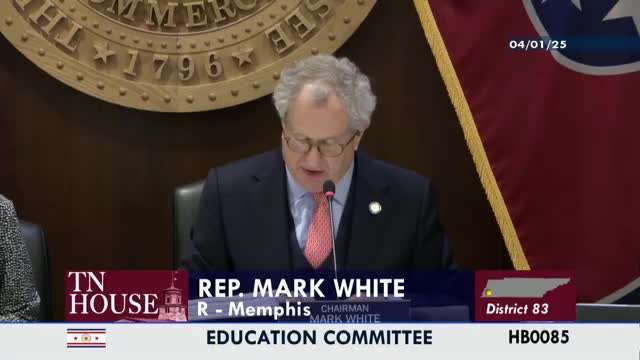Article not found
This article is no longer available. But don't worry—we've gathered other articles that discuss the same topic.
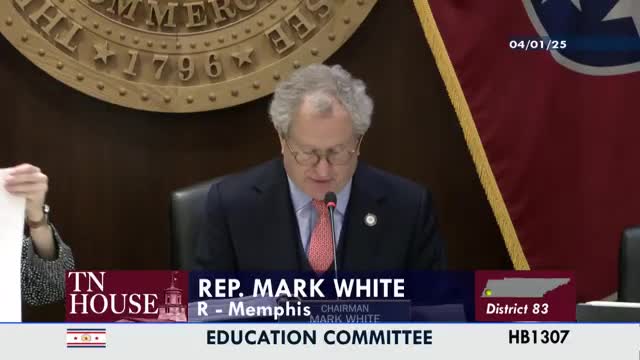
Committee approves bill creating Title VI coordinator role to address antisemitism in schools
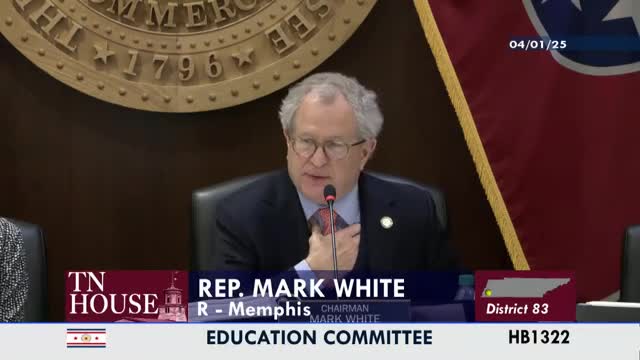
Measure to let Western Governors University students access Ben Ashley grant fails after tie vote
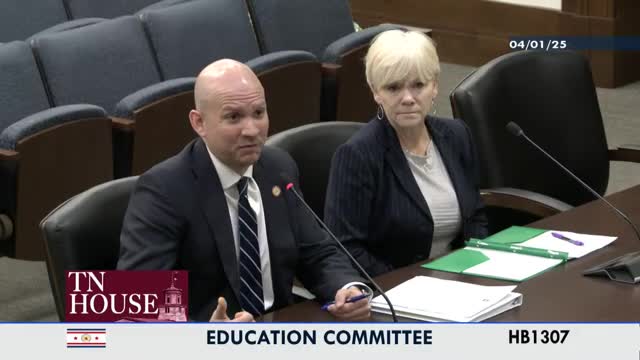
Charter reforms pass committee after debate over local control, replication authority
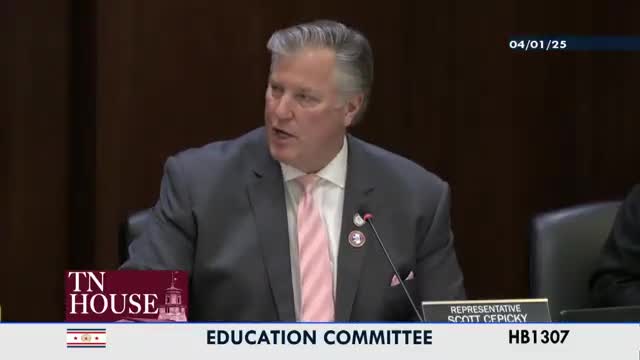
Committee backs rewrite to phase out Achievement School District, create 3‑tier intervention system for priority schools
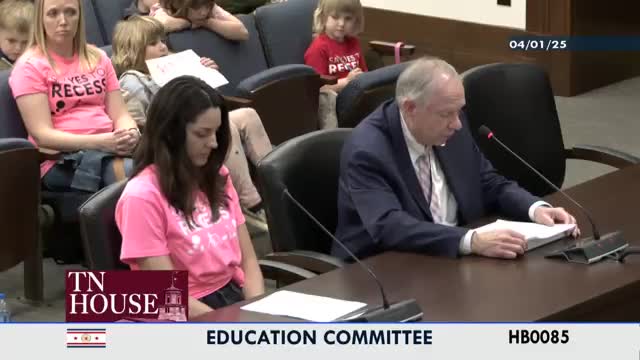
Committee approves bill to bar race, ethnicity or national origin as sole basis for university admissions and scholarships
